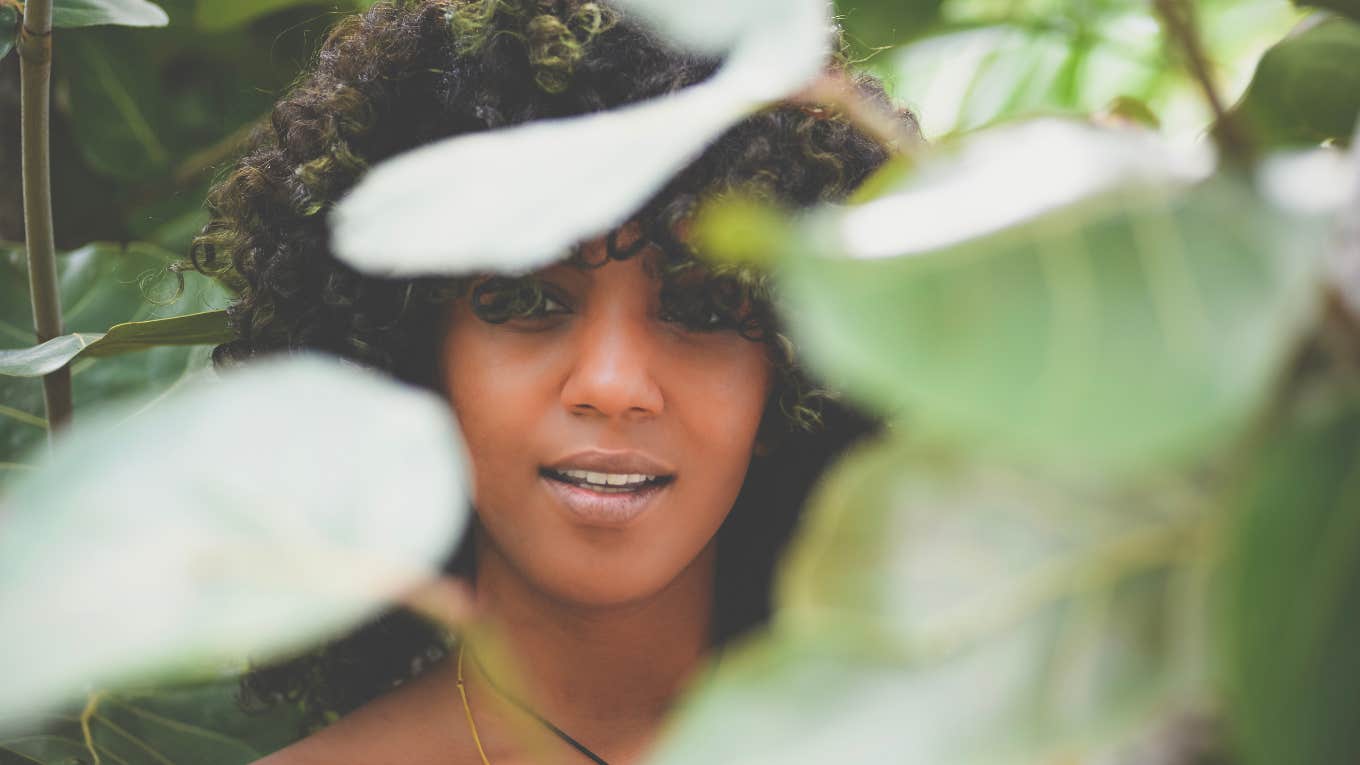The Magical "3-Day Effect" Vacation Plan That's Changing Lives
Plan the best vacation to rejuvenate yourself.
 Lisa5201 | Canva
Lisa5201 | Canva Vacation time is exciting, right? If you've started the planning process, you’re probably jazzed about hanging out on the (overcrowded) beaches and eating at (overpriced) restaurants. Then, you think of the endless list of things you have to do to plan a vacation — a year of loose ends to tie up in the next week. And worst of all, you remember coming home from the last trip, bloated from overindulging in food and alcohol and bleary-eyed from lack of sleep, muttering to yourself, "I need a vacation to recover from my vacation!"
Stop to imagine how you would like to feel after vacation. Do you hope to feel more rested and energized after your time away? Do you want to return to your daily life and work with inspiration and renewed creativity? What is the "3-Day Effect" and how does it affect your vacation or holiday? Cognitive neuroscientists David Strayer and Ruth Ann Atchley have discovered that spending time in wild places can have profound effects on creativity. Compared to students who stayed on campus, a group of 28 backpackers on an Outward Bound trip had a staggering 47 percent improvement in a word-test game that measures creative thinking and insight problem-solving.
Strayer and Atchley suggest those scores likely improved so much because spending time in the wilderness allows the overused frontal cortex of the brain — the "attention network" — to finally take a break, freeing up parts of the brain associated with sensory perception, empathy, and productive daydreaming. Psychologist Terry Hartig explored the difference between backpackers and people taking sightseeing trips and found that only the backpackers experienced deep restoration and cognitive renewal.
Spending time in natural environments increases positive emotions and improves cognitive function. The researchers, though, were uncertain whether the students’ leap in creativity was due to spending three days immersed in nature or decreased exposure to technology, e.g., cell phones and computers. Regardless of the reasons for the changes, Strayer recognized the profound impact of the "3-Day Effect" — spending three or more days in a natural environment.
According to researcher Ken Sanders, the mind and body are "washing away" civilization during the first two days, and "the new reality begins on the third day." Theta waves predominate in the frontal cortex of the brain during periods of intense concentration and mental work. Spending time in nature reduces this theta wave activity, but only if you leave phones and other electronic devices behind. So how can you incorporate this cutting-edge research when you plan your next holiday?
Here are 7 steps to plan a vacation or holiday to focus on your health, mind, and creativity:
1. Decide whether you want to spend time alone or with family/friends
If you're planning a trip with a group of friends or your family, make sure that everyone has the same expectations regarding alcohol, drugs, and electronic devices. If you're traveling solo, be sure to notify people who will know your itinerary.
2. Explore local camping areas
You don’t necessarily have to travel cross-country to find wild, beautiful places.
3. Consider whether you want to cover a large territory or stay in place during your wilderness adventure
Backpacking and canoeing, for example, require mapping your journey and finding multiple camping sites. You may choose instead to camp in one place and make day trips from base camp.
4. If tent camping is too challenging, consider renting a cabin or yurt
Many state and national parks now offer these rental sites and many are even wheelchair accessible.
5. Book early
For cabins, yurts, or camping sites, be sure to reserve your space far in advance. Some camping areas are booked months ahead.
6. You can also rent a place near a beach or other wild areas
I recently spent a magical week in a small house just a block from Heceta Beach in Oregon. I’ve also rented a space in central Oregon’s high desert so I could spend my days walking the trails along the Deschutes River. Be creative in finding your spot.
7. Ditch all your electronic devices during your holiday
They will be patiently awaiting your return! Be sure to set up the auto-responder feature on your e-mail before you leave so you and your digital fans can relax knowing that you will respond at a later date. Most of all, prepare yourself for the unexpected. Slowing down and clearing the "mental clutter" leaves your mind, body, and spirit free to explore new ways of living and being. Spending time in wild places may plant a seed that develops into a completely new way of living and being in the world.
Dr. Judith Boice is a naturopathic doctor, licensed acupuncturist, international best-selling author, and award-winning author and teacher. She is a professor at the American College of Healthcare Sciences.

